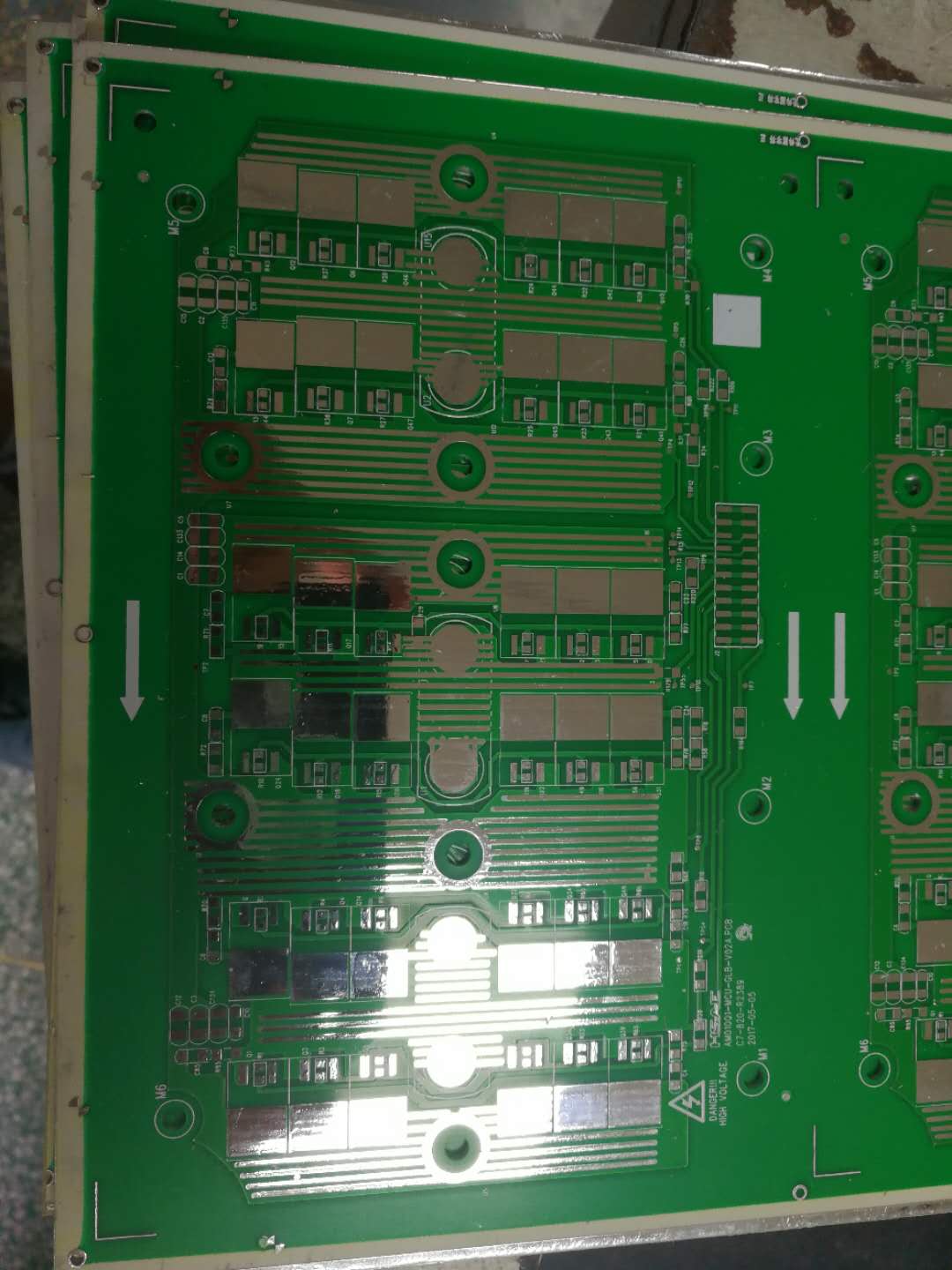PCB circuit board industry will force new changes
2019-03-14 10:22:48

In recent years, with the development of big data and the extension of technology, many industries that do not seem to be connected become more and more closely. The PCB circuit board industry in the era of big data is also extending to more fields and industries. In order to strengthen the awareness of the industry, the forum, sponsored by HKPCA and the PCB information network, is held at the Florence Hall of Venezia Hotel in Shenzhen, Shenzhen, with the theme of "the impact of automotive electronics and cognitive intelligence development on the development of PCB". The meeting invited BOSCH project manager, Tan Shaolian, and the current director of the current IBM global Board Committee. Lu Binyi's keynote speech attracted nearly more than 90 PCB industry elite.
1, the future trend of automotive electronics and the demand for PCB industry.
The first is Mr. Tan Shaolian's "requirements and trends of automotive electronics for PCB". With his rich experience and keen observation, Tan Shaolian proposed that automotive electronics have been developing in the three fields of power, safety and comfort that are more consistent with the characteristics of the times. But with the shortage of energy, climate change and the uncertain fluctuations of various factors related to automotive electronics. Environmental protection and globalization have become the two major trends in the development of automotive electronics. Under these two trends, energy saving and emission reduction, energy recovery, functional integration of related automobile products and cost control are involved. Based on how to better adapt to the development of these two trends, Tan Shaolian believes that the PCB industry should have the following requirements.
First, for current requirements, the automotive electronic circuit board can reach a degree of 1.5A/ cubic meters on the basis of the existing technology, but with the application of the thick copper technology on the circuit board and the possibility of embedding the chip in the circuit board and the selective electroplating in the future, the maximum current rating is also higher.
Second, for the voltage requirements, the development of automotive electronic functions to a certain extent requires a higher rated voltage to match the development of the overall demand. The circuit board should consider the problem of how to dissipate heat at such a large voltage. Therefore, the development of automotive electronic circuit boards in the future may need more from the PCB materials, and actively respond to the development needs of innovation.
Third, under the technical requirements of active and passive components integration and multi chip technology, automotive electronic components are becoming more and more miniaturized. This requires the PCB industry to continuously upgrade the technology that is limited to the circuit boards in smaller and smaller components, so as to cope with the development needs of automotive electronics.
In addition, referring to the requirements for the PCB suppliers, Tan Shaolian believes that suppliers should understand the impact of the failure mechanism on interaction in the supply chain, design the load capacity of functional components and continue to make efforts to adjust the PCB supply chain to zero error.
2, the transformation of manufacturing mode and the demand for PCB under the development of cognitive intelligent computing.
Artificial intelligence has 60 years of development history, and with the emergence of industrial 4 and big data, the new generation of intelligent revolution is coming out. The manufacturing industry has also changed from the industrial 3 era to the industrial 4 era. In response, Mr. Lu Binyi, a guest speaker, delivered a speech on the opportunities and challenges of cognitive computing for PCB. Lu Binyi said that because of the transformation of the manufacturing model, it requires supercomputers and IT devices to be smarter, faster to serve humans, to have more data and intelligent analysis capabilities, to a certain extent, to the greater demand for PCB from technology and quantity. Therefore, for the PCB industry, whether it is from the front end (smart phone, flat and so on), or the middle end (router, base station and so on), the back end (supercomputer) should follow the pace of industrial 4, speed up the research and development of related technology and innovation. According to IBM's report on the PCB shipments of various countries, it can be seen that at present, China's PCB is the world leader in the middle and low end shipments, while the shipments of PCB high-end products are concentrated in the hands of Japan, Korea and other countries. This means that there is another way for China's PCB to transform from low to high end products. And this way out to the soft and hard plate and IC board expansion capacity, increase talent training, open more free business information platform and PCB social mutual assistance and interconnect platform and other concrete facts, may make China's circuit board more influential new heights.
Tel: 0755-23578475 13600405305
Mailbox of Marketing Department I:mltpcb888@vip.163.com
Mailbox of Marketing Department II:mltpcb111@vip.163.com
Address: Building I, shuanglianjingmi ,xixiang,baoan district, Shenzhen